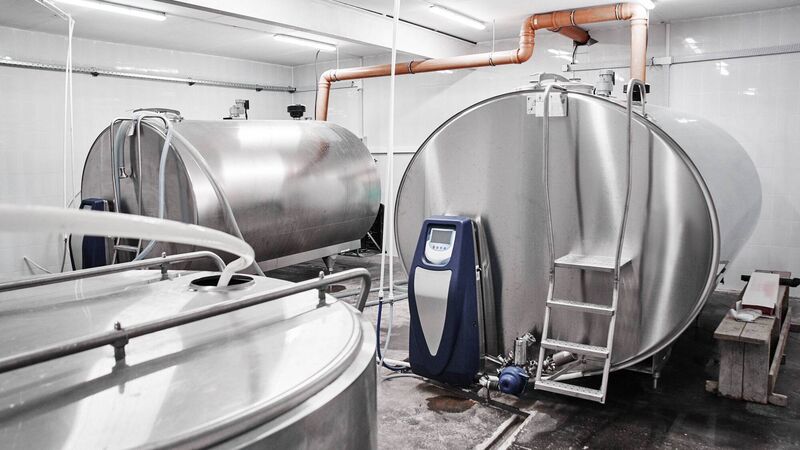It started with a query! Don’t take Q fever for granted

In Ireland, up to 70% of milk bulk tanks have Q fever antibodies.
Try from €1.50 / week
SUBSCRIBEBack in the 1930s in Australia, a lot of people were suffering from flu-like symptoms.
They had fever, headaches, muscle and joint pains, and other symptoms like coughing, sweating, vomiting, and diarrhoea.
Already a subscriber? Sign in
You have reached your article limit.
Annual €130 €80
Best value
Monthly €12€6 / month
Introductory offers for new customers. Annual billed once for first year. Renews at €130. Monthly initial discount (first 3 months) billed monthly, then €12 a month. Ts&Cs apply.
Newsletter
Keep up-to-date with all the latest developments in Farming with our weekly newsletter.
Newsletter
Keep up-to-date with all the latest developments in Farming with our weekly newsletter.
Newsletter
Sign up to the best reads of the week from irishexaminer.com selected just for you.
Newsletter
Keep up with stories of the day with our lunchtime news wrap and important breaking news alerts.
Saturday, February 7, 2026 - 7:00 AM
Friday, February 6, 2026 - 4:00 PM
Friday, February 6, 2026 - 9:00 PM
© Examiner Echo Group Limited